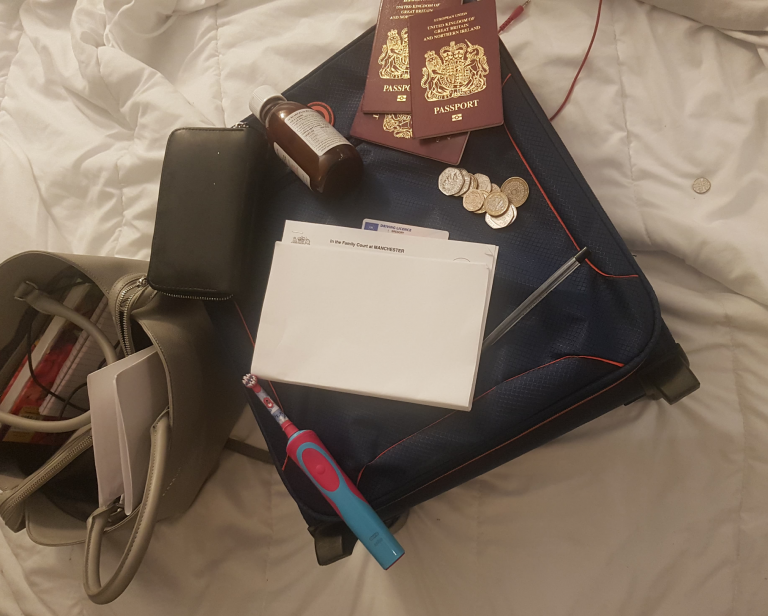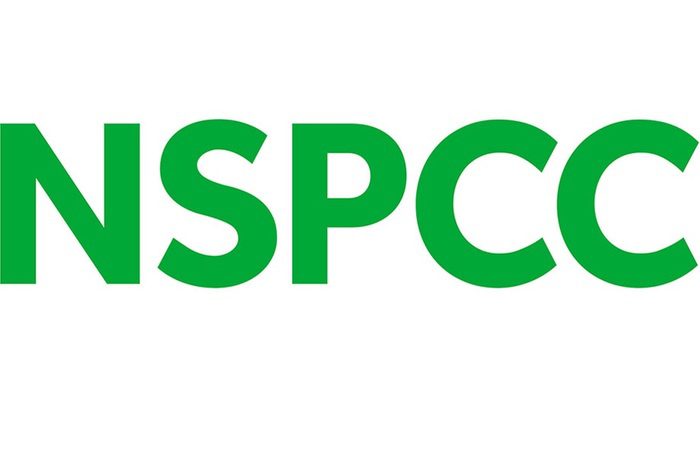I need help
Abusive relationships can appear in many forms, and it is completely normal to question your situation and what help you may need.
If you think, or know, that you are in an abusive situation, there are a number of things that can be done to protect you.
Read some of the guidance below to see what can be done based on your own circumstances.
Our helpline operatives can help you make a plan, and support you once you have left an abusive situation. Look at the resources on safety planning above to create your safety plan and pack an emergency bag.
Tell someone you trust about your plans and, if possible, involve others that can support you. Ensure you have a safe place to go and take steps to ensure your abuser cannot track you. You can do this by:
- Turning off location tracking on your phone
- Not leaving evidence of your plans that your abuser could find
- Changing your passwords for all online accounts
- Disabling any public calendars you may have
- Setting strict security settings on social media accounts
- Reviewing friend lists and block unknown individuals
Leaving an abusive situation is not easy. You may not want to leave, or you may not feel safe doing so. Noone should try to tell you what to do, you are the expert in your own situation and should only do what you feel comfortable with. Whether leaving or staying, our helplines are open to you. You deserve support no matter the situation.
Consider safety planning so you can better protect yourself and any children, and have an escape plan in case the abuse escalates.
Well done for taking steps towards your safety. Our helplines are still open to you for any support you need going forward.
Take steps to ensure your abuser cannot track you. You can do this by:
- Turning off location tracking on your phone
- Not leaving evidence of your plans that your abuser could find
- Changing your passwords for all online accounts
- Disabling any public calendars you may have
- Setting strict security settings on social media accounts
- Reviewing friend lists and block unknown individuals
You may also consider legal action, or request a restraining order. We at TSP can support and guide you through this process.
Finally, get support for yourself and any children. The emotional and psychological effects of abuse cannot be overstated and although you are no longer experiencing abuse, the trauma often lasts much longer. Talking to trusted friends and family can help, and there is counselling available
Safety planning
If you had to leave quickly, every minute is important. Do you know what you would take if you had very little time?
It is essential that you plan for a time that you may have to leave in a hurry or what to do in an emergency. You can plan this over time so that you have things ready just in case.
If you have left the relationship you need to be aware that both yourself, your children and your neighbours may need to know plans for escaping if your abuser confronts you at home or elsewhere.
It can be quite daunting telling your children about these plans and this should be age appropriate to their needs. Just like you may do a fire escape plan you can practice an escape plan if you or they are in danger, for example if someone broke into the house.
Below are links to charity websites that detail safety planning extensively. They will give you different ideas of what you may need to do or take with you.


Shelter
Home is a human right. We exist to defend the right to a safe home. Because home is everything.
0808 800 4444
Refuge charity
Charity providing specialist support for women and children experiencing domestic violence.
0808 2000 247
Victim Support
Independent charity dedicated to supporting victims of crime and traumatic incidents.
0808 168 9293
NSPCC
Child protection charity who support children in vulnerable situations, including those experiencing domestic abuse
0808 800 5000Checking for an abusive past
If you are concerned that a past or current partner has an abusive past you can ask the police to check under the Domestic Violence Disclosure Scheme, also known as Clare’s Law. You have a right to ask and the police will disclose the information if it is legal and necessary to do so.
Requesting protection
If you’re a victim of abuse, you can apply for a non-molestation or occupation order to protect yourself or your child from your abuser.
If you’d like to talk to a member of our team, please provide your contact details below.

